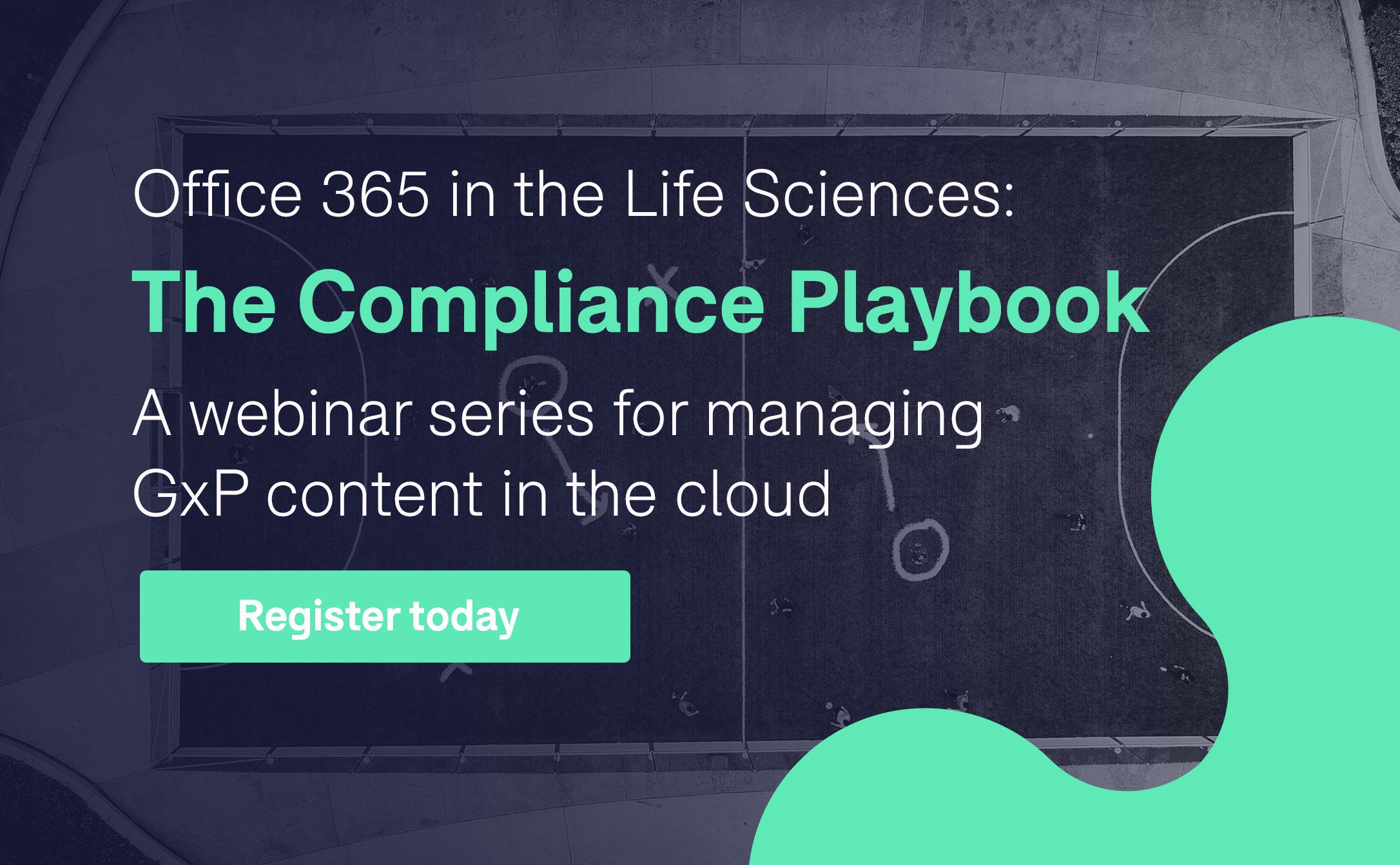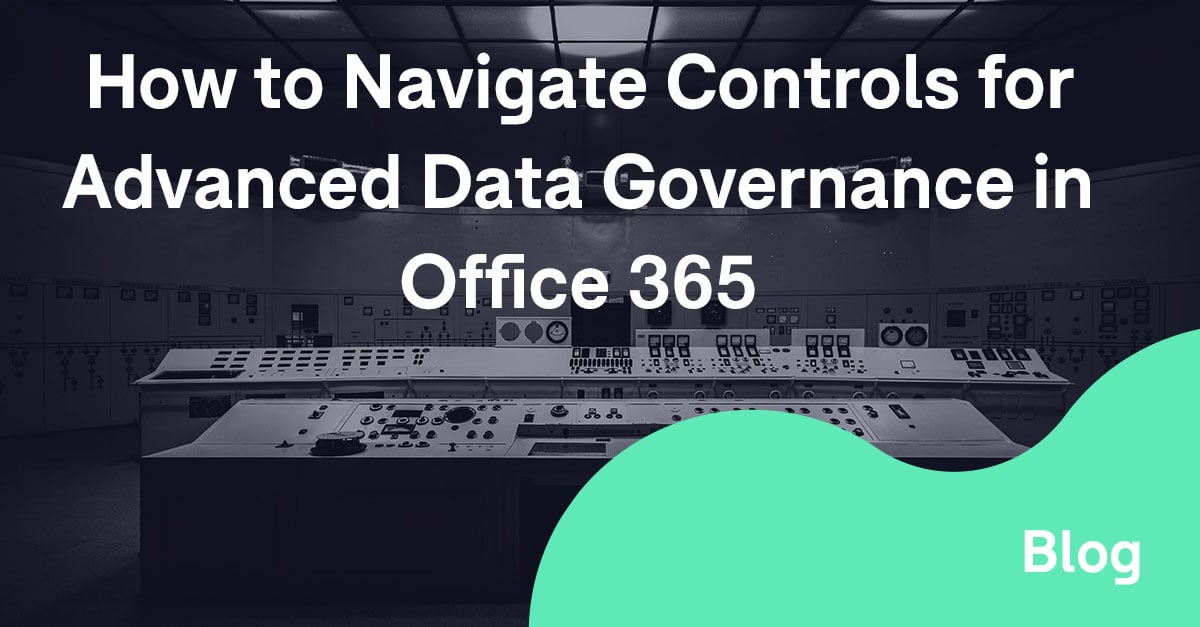More than ever, life science organizations are looking to implement a collaborative environment that supports their teams’ productivity without compromising adherence to regulations and standards.
With issues arising such as duplicate or missing information in file copies, a consolidated workplace that can be accessed anytime, anywhere has become the new sought-after business tool. Most teams refer to this tool as a content management system.
What is a content management system (CMS)?
A CMS is defined as an application that supports the creation and modification of digital content using a common user interface, thereby enabling multiple users to work on shared documents in real-time. A CMS can be offered as an on-premise application, but they are increasingly marketed as a Software-as-a-Service (SaaS) through a cloud-based offering. CMS for pharma, biotech, and life science purposes can serve needs such as automating workflows, recording document versions, managing the document lifecycle, and maintaining system security. To narrow down your choices and select the best CMS in the marketplace to suit your needs, organizations should ask and answer the following questions:
1. Are any documents/data produced in the context of the business process considered to be a “record” that must be maintained according to GxP regulations or internal procedures?
Working in the life sciences means that most of the documents used are part of a GxP process and therefore must be maintained according to GxP regulations.
While choosing a CMS, the first step would be to investigate if the system is capable of supporting records. Assessing this capability can be done by performing a vendor assessment as well as providing the vendor with a questionnaire to prove that they adhere to various topics concerning electronic records.
2. Do the records need to be retained according to pre-defined retention policies/rules?
Records will have a certain retention period, dependent on the life science product they support. In order to guarantee that the integrity of those records is ensured, it is important when choosing a CMS - especially one in the cloud - that the provider supports the retention over a long period and that the appropriate storage capacity is there with a Service Level Agreement (SLA) in place to guarantee the availability of your records.
3. Do the documents need to be accessible to individuals outside of the organization?
When having external collaborators, it can sometimes be difficult to contribute to documents together, without the added burden of managing multiple accounts. But it can also create some liability and tribulation for your company as this can impact your security. Therefore, it is best to select a CMS where collaboration can be done externally and in a user-friendly manner, yet fully under your control.
These controls include the ability to give the external user access to only specific documents and to specify the amount of time that they have access. Moreover, there must be an administrator you can adhere to the same levels of password security and multi-factor authentication to that external user, without adding them to your organization.
4. Are the documents considered to be “living documents”, in other words, can they be revised over time and do all versions of the records need to be retained?
One of the reasons for using a CMS is the ability to conserve previous versions of documents and being able to see the changes made to those documents over time. Therefore it is important to select a CMS where version history is enabled, where the selected system offers the ability to retain previous versions of the document.
On that note, it is even more important to identify the types of documents and the duration of the versions of certain documents. This will ensure that your retention period of certain versions is being accepted but can also be deactivated for certain documents in order to preserve the storage.
5. Is there a need to have real-time co-authoring of documents, allowing multiple individuals to edit and collaborate on a document simultaneously?
A big pull to the transitioning of teams towards a CMS is the use of simultaneous collaboration. Systems that offer this functionality make it possible that multiple users in your organization can work together on a document independent of their location or even if they open the document at the same moment.
Consolidated systems can improve the user-friendliness of collaboration significantly, as the authoring or review process can be done faster. Further, the method of real-time co-authoring does not block any documents for a period while people are working on them so you can avoid those hair-pulling situations!
6. Do any of the documents have templates associated with them and are these templates controlled (i.e. versioning and restricted access)?
Depending on the documents you plan to control in a CMS, most companies have templates in place when creating a new document. When you use a CMS, you can make sure that your employees, when creating a new document of a certain type, are using a template.
Additionally, you can control that template too. That way, the template can be versioned and updated only by specific people, making sure that every user starts from the current, approved template.
7. Is there a need to have an audit log that systematically captures the username and date/time of certain activities performed on a document, i.e. creation, modification, viewing, deleting?
When defining certain documents as records, regulatory requirements can request your organization to keep an audit log, tracking the activities performed on this document and by whom.
This audit log should also be accessible for the duration of that records retention period. As this is not a standard option for most of the CMS’s, you must ensure that the CMS you select does support the creation and retention of audit logs.
8. Is there a need to be able to search for documents based on their content?
Basic functionality that a CMS provides is search, but as fundamental as it seems, the search results between these systems can differ substantially.
Your search results can become more precise when the system supports the use of metadata to define the documents. Some systems also can search the content of the documents themselves, making the search results even more valuable to you.
9. Is there a need to automate any portions of the business process (i.e. via workflow)?
Most documents inside an organization are created as part of a continuing process, from creation to completion, to archive.
When choosing a CMS, it is important to select a system that can support that process, making sure that the review tasks, update tasks and approval tasks of different key users in a business process are facilitated. In addition, determine whether the system itself can control the follow-up and the document distribution during the whole process, minimizing the risks of mistakes or delays in a collaborative environment.
The Takeaway
When you work in the life sciences, all these questions will be important for you to discuss and investigate before choosing your preferred CMS.
But many more questions that are specific to your situation will need to be asked before making sure that you have selected the right CMS. This comes down to accounting for your particular business needs (e.g CMS implementation timeline, budget, SaaS vs on-premise), as well as technical and procedural controls that satisfy regulatory requirements.
Here at Montrium, our Professional Services team has a wealth of in-depth knowledge and experience in helping organizations in regulated industries make the best CMS decision for supporting their GxP content management. As for the use Office 365 as a CMS, we already asked and answered all these important questions in our Office 365 GxP Guidelines Whitepaper. You can also participate in the Compliance Playbook webinar series to learn all there is to know to develop a clear strategy for managing GxP content in Office 365 and SharePoint Online.
I’m curious to know if there’s a critical question you would ask before selecting a Content Management System, comment below and share with your fellow readers!






%20a%20Cloud-Based%20System.jpg)

